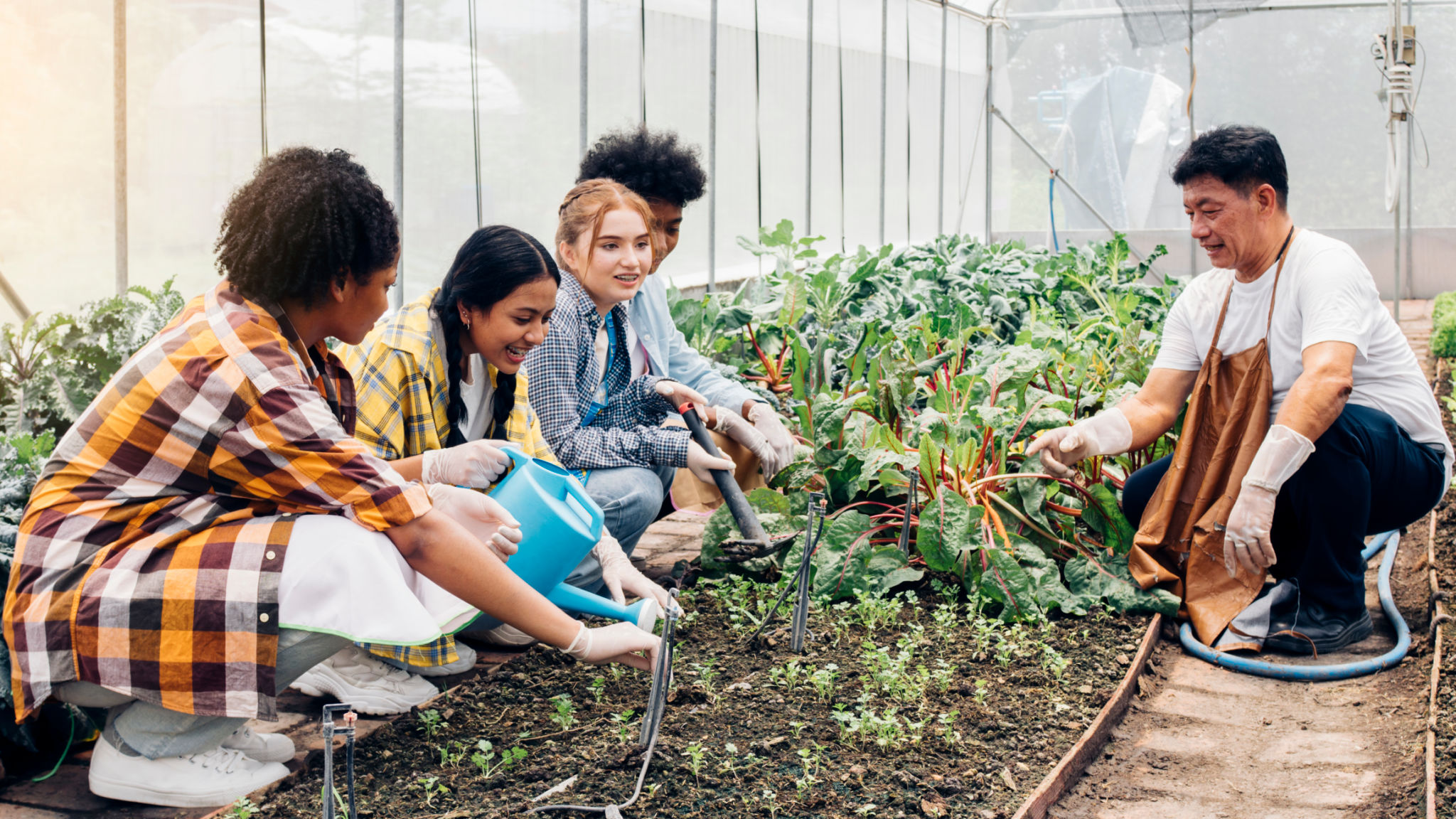Integrating P.B.L. into High School Gardening Projects
Understanding Project-Based Learning (PBL)
Project-Based Learning (PBL) is an educational approach that emphasizes active exploration and real-world problem solving. It encourages students to engage deeply with the material by working on meaningful projects that require critical thinking and collaboration. Integrating PBL into high school curricula can transform the traditional classroom setting, making learning more engaging and effective.
Incorporating PBL into gardening projects offers students a hands-on opportunity to apply scientific concepts, develop teamwork skills, and foster a connection with nature. By working on a gardening project, students can observe the direct impact of their efforts, enhancing their understanding and retention of the material.

Benefits of Integrating PBL in Gardening Projects
Gardening projects provide a unique platform for PBL, as they combine multiple disciplines such as biology, environmental science, and even mathematics. Through these projects, students can gain a comprehensive understanding of plant life cycles, soil health, and ecosystem dynamics.
Moreover, PBL in gardening encourages students to take responsibility for their learning. They can plan, execute, and evaluate their projects, which instills a sense of accomplishment and ownership. This method also promotes critical life skills such as problem-solving, collaboration, and communication.
Developing Sustainable Practices
One of the key lessons that can be integrated into gardening projects is sustainability. Students can explore sustainable gardening practices such as composting, water conservation, and organic pest control. By understanding these practices, students learn the importance of environmental stewardship and how their actions can positively impact the planet.

Steps to Implement PBL in High School Gardening
Implementing PBL in a high school gardening project requires careful planning and execution. Here are some steps to consider:
- Define Objectives: Clearly outline the learning goals and expected outcomes of the project.
- Create a Project Plan: Develop a detailed plan that includes timelines, resources, and roles for each student.
- Facilitate Collaboration: Encourage students to work in teams to promote collaboration and shared responsibility.
- Incorporate Reflection: Include opportunities for students to reflect on their experiences and learn from their successes and challenges.
Measuring Success
The success of a PBL gardening project can be measured in various ways. Evaluations can include assessing the growth and health of plants, the implementation of sustainable practices, and the effectiveness of teamwork. Reflection sessions where students share their experiences and insights can also provide valuable feedback for future projects.

Challenges and Solutions
While PBL offers numerous benefits, it also presents some challenges. Teachers may face difficulties in managing group dynamics or ensuring all students are equally engaged. To address these challenges, it's essential to establish clear expectations and provide structured support throughout the project.
Additionally, access to resources such as gardening tools and materials can be a limitation. Schools can collaborate with local community gardens or businesses to acquire necessary supplies and expertise. This collaboration not only provides resources but also strengthens community ties.
The Future of PBL in Education
The integration of PBL into high school gardening projects reflects a broader trend toward experiential learning in education. As educators continue to explore innovative teaching methods, PBL will likely play an increasingly important role in developing well-rounded, capable students ready to tackle real-world challenges.
By embracing PBL, educators not only enhance student engagement but also cultivate a lifelong love for learning and discovery. The skills acquired through such projects are invaluable, preparing students for future academic pursuits and careers in an ever-evolving world.